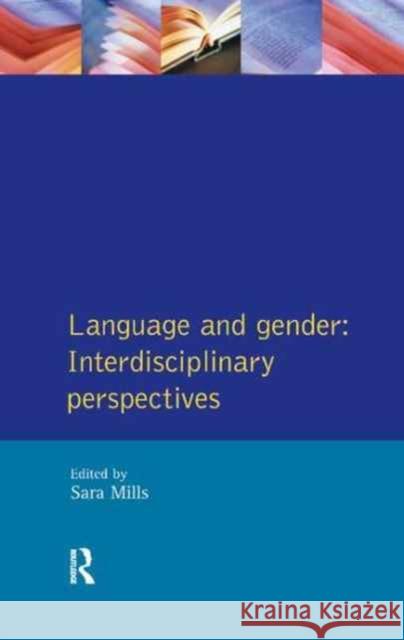Language and Gender: Interdisciplinary Perspectives » książka
topmenu
Language and Gender: Interdisciplinary Perspectives
ISBN-13: 9781138162273 / Angielski / Twarda / 2017 / 296 str.
Language and Gender: Interdisciplinary Perspectives
ISBN-13: 9781138162273 / Angielski / Twarda / 2017 / 296 str.
cena 754,51
(netto: 718,58 VAT: 5%)
Najniższa cena z 30 dni: 654,86
(netto: 718,58 VAT: 5%)
Najniższa cena z 30 dni: 654,86
Termin realizacji zamówienia:
ok. 16-18 dni roboczych.
ok. 16-18 dni roboczych.
Darmowa dostawa!
First Published in 1996. Routledge is an imprint of Taylor & Francis, an informa company.











